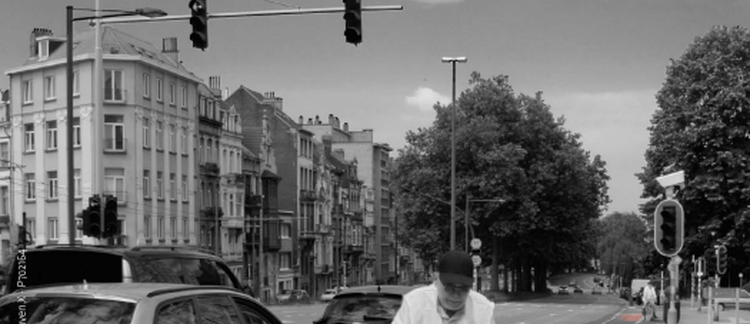Abstract
This research paper wants to open the debate regarding the role of film analysis in the domain of Sociology. A film can be an important participant in a social and ideological discourse. This paper describes the components and the structure of a theoretical analysis model by which sociological concepts can be operationalized for film analysis. This model will be illustrated by some brief examples and an extensive case study regarding the representation of the British working-class. The advantage of film analysis for sociological research, besides as a tool of illustration in an educational setting, lies in the (re)discovery of a certain vision on society and the place of social groups in that society. The examples of ‘Stand-up Nigel Barton’ and Brassed Off show that we can go back to the past to discover opinions about social facts. In ‘Stand-up Nigel Barton’, about social mobility and the difficulties that members of the working-class experience when they try to adapt themselves to new cultures. In Brassed Off, to discover an alternative vision about the way that the British society should be organized when supplying energy and the distribution of labor forces within the energy sector. In Trainspotting, an alternative vision emerges about regional identity, youth subcultures and drug abuse. The interdisciplinary analysis model, as presented here, was functional in the analysis of the mentioned works of working-class fiction. It gave a transparent structure to the film analysis and made it possible to approach the concept of the working-class on a sound theoretical basis.
How to Cite:
Vandekerkhof, R., (2014) “Film als participant in een maatschappelijk en ideologisch discours: casestudy: de regionale identiteit van de Britse working-class in "Trainspotting" (1996)”, Sociologos 35(3), 137–158. doi: https://doi.org/10.21825/sociologos.86851
Downloads:
Download PDF
View PDF

